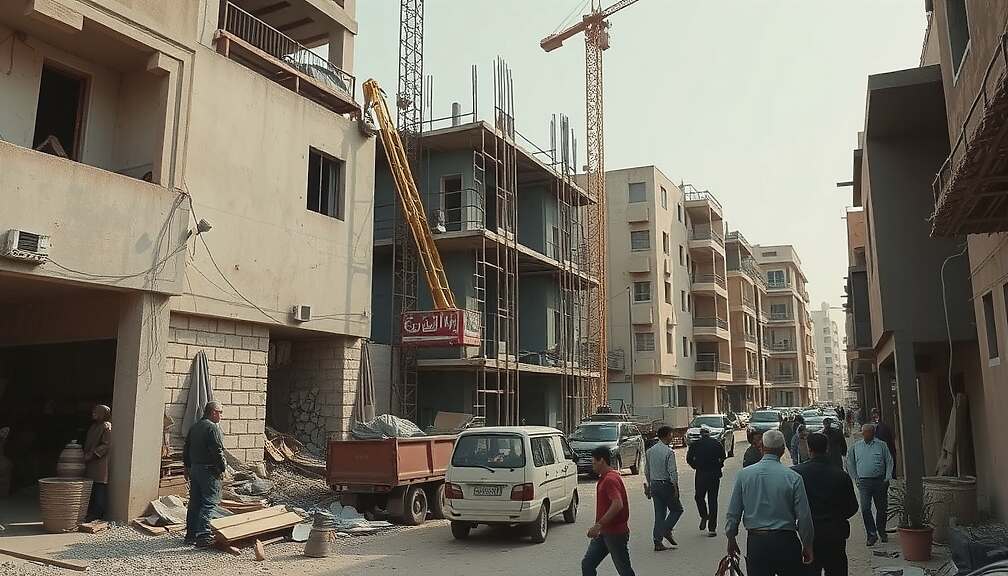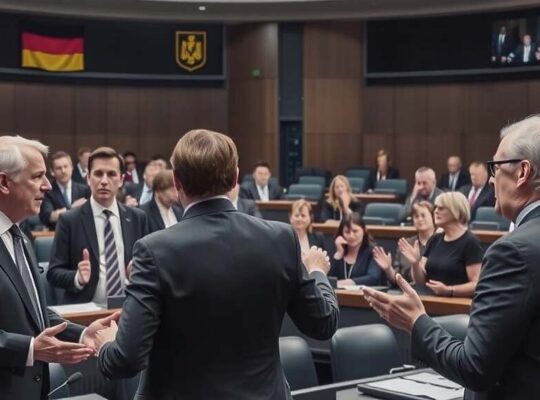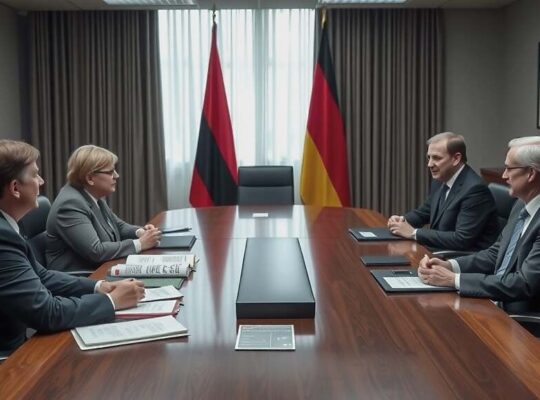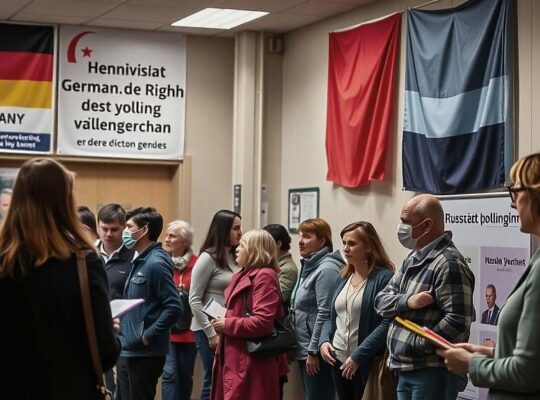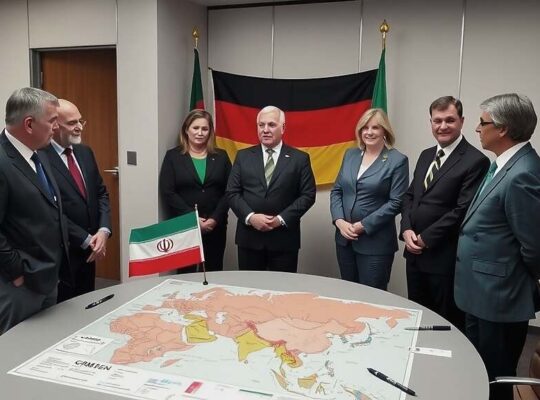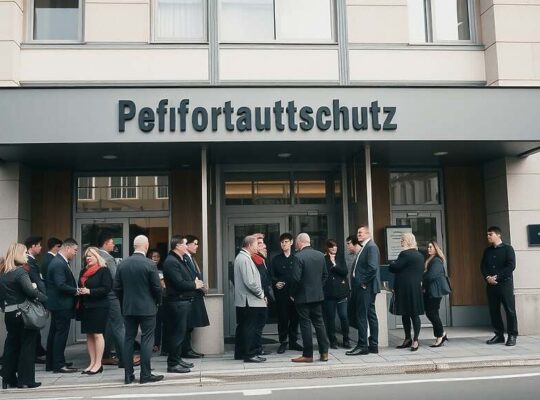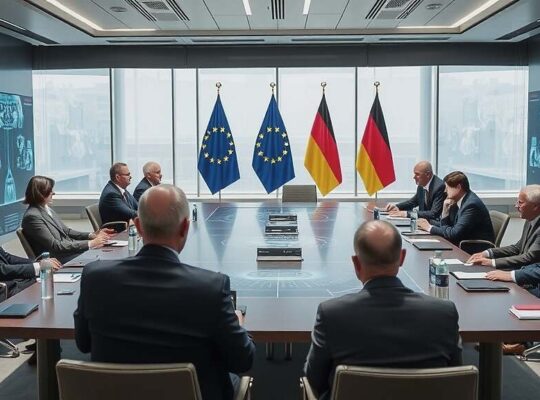Germany pledges rapid post-conflict support for Gaza reconstruction, while navigating geopolitical pressures and advocating for climate commitments. Development Minister Reem Alabali-Radovan has signaled Germany’s readiness to contribute significantly to Gaza’s rebuilding efforts following a potential lasting peace agreement, emphasizing a phased approach prioritizing immediate humanitarian needs alongside long-term economic recovery.
Speaking to the Handelsblatt, Alabali-Radovan detailed plans for initial support centered on providing mobile transitional housing given the widespread destruction – reportedly 80% of structures in Gaza have been impacted. Beyond shelter, Germany intends to bolster basic necessities including food security, healthcare and debris removal, coordinating efforts with international partners including the EU, G7 nations and institutions like the World Bank.
A critical element of Germany’s strategy involves leveraging private sector investment to supplement public funds. Alabali-Radovan acknowledged the staggering financial scales involved in rebuilding Gaza, Syria and Ukraine, arguing that relying solely on public budgets is unsustainable. She envisions a model where public investment, facilitated through organizations like the World Bank and the European Investment Bank, catalyzes private capital. However, she stressed that private sector involvement represents a later-stage initiative, secondary to the immediate humanitarian response.
Ahead of the World Bank’s annual meeting in Washington D.C. next week, Alabali-Radovan publicly resisted pressure from the United States to shift the bank’s focus towards increased support for fossil fuels like natural gas. The Minister unequivocally stated Germany’s commitment to maintaining the World Bank’s existing climate agenda and pushing for continued progress on climate protection initiatives. This stance places Germany in a potentially contentious position within international financial institutions.
Furthermore, the Minister firmly rejected the prospect of further cuts to Germany’s development aid budget. Alabali-Radovan communicated to coalition partners that current levels represent a “pain threshold” signalling resistance to additional budgetary constraints on Germany’s international development initiatives. This assertion highlights a potential internal political tension regarding the allocation of resources amid ongoing global crises.


